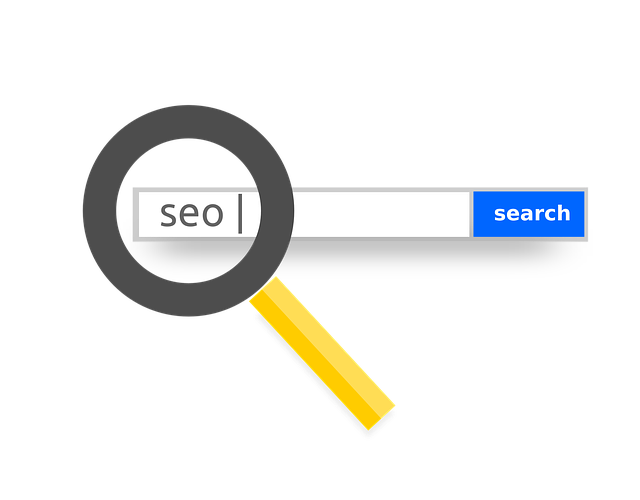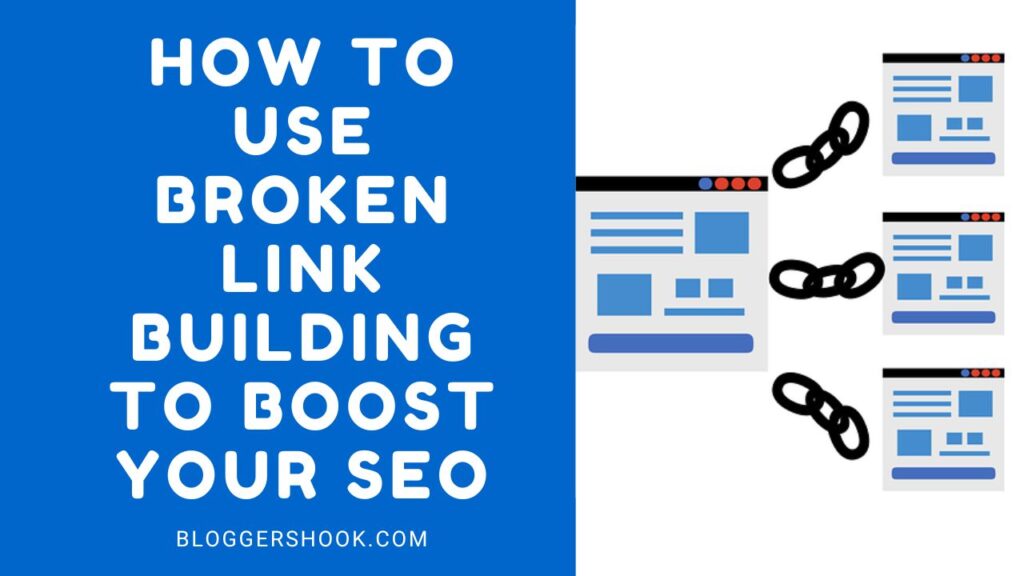The question “Is SEO dead?” has surfaced frequently over the years, often sparked by changes in search engine algorithms or shifts in digital marketing trends.
Search Engine Optimization (SEO) has been a cornerstone of digital marketing since the dawn of search engines. However, its relevance is continually debated.
This article delves into the nuances of this debate, exploring the evolution of SEO, the impact of algorithm updates, emerging technologies, and the future of search engine optimization.
The Evolution of SEO

Early Days of SEO
In the early days of the internet, SEO was relatively simple and easy to do. It involved keyword stuffing, excessive tagging, and link spamming to manipulate search engine rankings. This period, often referred to as “black hat SEO,” was characterized by tactics that prioritized quick results over user experience.
If you have been blogging from the early days, you will probably understand that SEO is not as easy as it was a few years back.
The Rise of Content Quality
As search engines evolved, so did their algorithms. Google, in particular, has been at the forefront of this evolution. With updates like Panda in 2011, which targeted low-quality content, and Penguin in 2012, which penalized manipulative link-building tactics, the emphasis shifted towards quality content and ethical SEO practices.
These updates marked the end of the black hat SEO era and the beginning of a more sophisticated approach to search engine optimization.
The Importance of User Experience
In recent years, Google has placed increasing importance on user experience. Updates like RankBrain, a machine learning-based algorithm introduced in 2015, and the 2018 Medic update, which focused on health and wellness websites, highlight Google’s commitment to providing users with the most relevant and high-quality content.
This shift means that SEO now involves not just optimizing for search engines but also ensuring a positive user experience.
Algorithm Updates and Their Impact
Google’s Core Updates
Google’s core updates, which occur several times a year, often lead to significant changes in search rankings. These updates are designed to improve search results, and they can cause fluctuations in website rankings.
For instance, the BERT update in 2019 enhanced Google’s understanding of natural language, enabling it to interpret the context of queries more accurately.
As a result, websites with high-quality, contextually relevant content saw improvements in their rankings, while those relying on outdated SEO tactics experienced declines.
Mobile-First Indexing
With the rise of mobile internet usage, Google introduced mobile-first indexing in 2018. This shift means that Google’s algorithms primarily use the mobile version of a site for indexing and ranking.
Websites that are not mobile-friendly or have a poor mobile user experience are likely to suffer in search rankings. This change underscores the importance of responsive design and mobile optimization in modern SEO.
Core Web Vitals
In 2021, Google introduced Core Web Vitals as part of its ranking criteria. These metrics measure aspects of user experience such as loading performance, interactivity, and visual stability.
Websites that meet these performance standards are rewarded with better search rankings. This update emphasizes the need for technical optimization in SEO, alongside high-quality content and ethical practices.
Emerging Technologies and SEO
Voice Search
The proliferation of voice-activated devices like Amazon Echo and Google Home has given rise to voice search. This trend is changing the way people search for information online. Compared to text searches, voice searches are usually more conversational and longer.
To adapt, SEO strategies need to focus on natural language processing and long-tail keywords. Additionally, providing concise, accurate answers to common questions can help websites rank in voice search results.
Artificial Intelligence and Machine Learning
Artificial intelligence (AI) and machine learning are playing a pivotal role in SEO. Google’s RankBrain and BERT are prime examples of how AI is used to better understand search queries and user intent.
AI-powered tools can also assist in keyword research, content creation, and competitor analysis. As these technologies continue to evolve, they will likely become integral components of SEO strategies.
Structured Data and Schema Markup
SSearch engines can more precisely comprehend the content of a webpage with the use of structured data and schema markup. By providing additional context about the content, structured data can enhance search visibility and improve click-through rates.
For instance, implementing schema markup can result in rich snippets, which are more visually appealing and informative than standard search results. This can lead to higher engagement and better rankings.
The Future of SEO

Personalization and User Intent
The future of SEO lies in personalization and understanding user intent. Search engines are becoming better at delivering personalized results based on a user’s search history, location, and preferences.
To stay relevant, SEO strategies must focus on creating personalized content that meets the needs and expectations of individual users.
The Role of Content
Content will continue to be a crucial element of SEO. However, the focus is shifting from quantity to quality. Creating valuable, informative, and engaging content that addresses user queries is essential.
Additionally, diverse content formats such as videos, infographics, and podcasts are becoming increasingly important for reaching a broader audience.
Ethical SEO Practices
Ethical SEO practices, often referred to as white hat SEO, will remain vital. Search engines are continually improving their ability to detect and penalize manipulative tactics. Therefore, building a sustainable SEO strategy based on ethical practices, high-quality content, and a positive user experience is the best approach for long-term success.
Is SEO Dead?
The Misconception
The notion that SEO is dead often arises from misunderstandings about the nature of SEO and the impact of algorithm updates.
When websites experience drops in rankings due to changes in search algorithms, it’s easy to conclude that SEO no longer works. However, these fluctuations usually indicate a need for adapting strategies rather than abandoning SEO altogether.
The Adaptation
SEO is far from dead; it is evolving. The tactics that worked a decade ago may no longer be effective, but the core principles of SEO remain relevant. Optimizing for user experience, creating high-quality content, and adhering to ethical practices are timeless strategies.
The evolution of SEO reflects the changing landscape of digital marketing and the need to stay updated with the latest trends and technologies.
The Integration
SEO is increasingly integrated with other digital marketing strategies. Content marketing, social media, and SEO are intertwined, with each component supporting the others.
For instance, high-quality content can drive social media engagement, which in turn can improve search rankings. Similarly, SEO insights can inform content creation and social media strategies. This integration underscores the importance of a holistic approach to digital marketing.
Conclusion
SEO is not dead; it is evolving. The changes in search engine algorithms, the rise of new technologies, and the shifting focus towards user experience and ethical practices all indicate that SEO is becoming more sophisticated.
To succeed in this dynamic landscape, businesses must adapt their strategies, stay informed about the latest trends, and prioritize quality and user satisfaction. The future of SEO is bright for those willing to evolve with it, and it remains a crucial element of a comprehensive digital marketing strategy.


